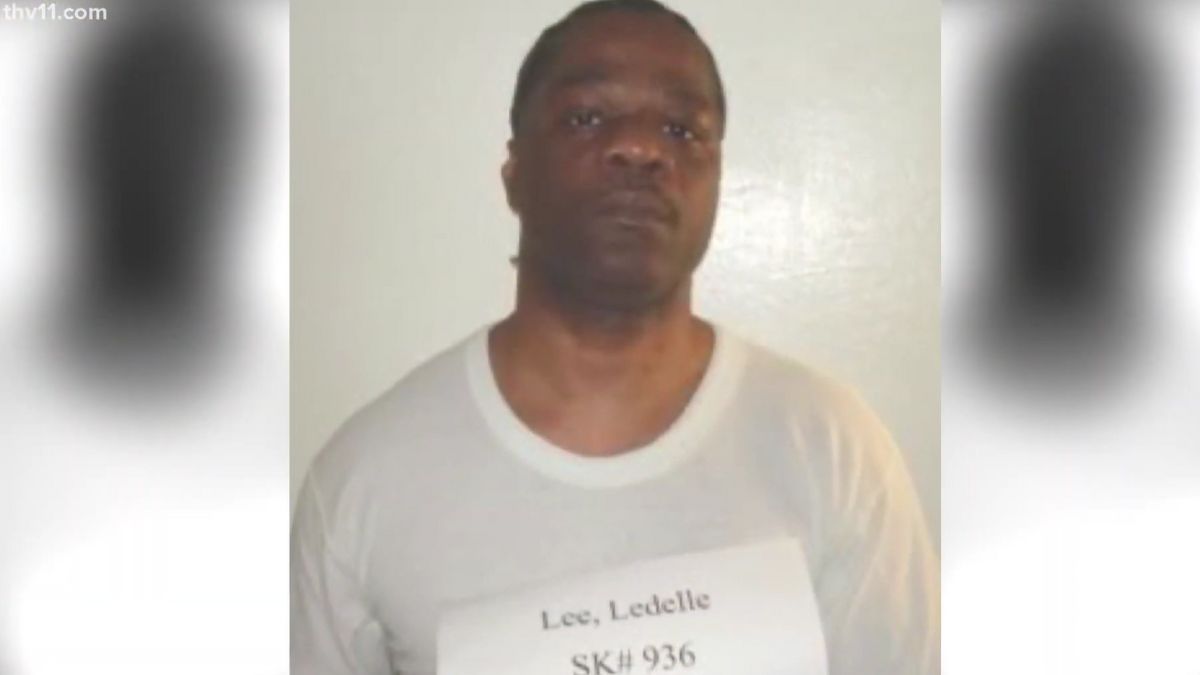
Ledell Lee was killed by lethal injection in Arkansas on April 20, 2017, for the 1993 murder of his neighbor, Debra Reese. He was the first death row prisoner executed in the state in more than ten years. Arkansas rushed to carry out his execution and seven others before the state’s supply of lethal injection drugs ran out at the end of April 2017.
Lee said he was innocent throughout his arrest, trial, conviction, and the 22 years he spent on death row. Before his execution, he spoke to the BBC and shared some of his final words with the world.
“My dying words will always be, as it has been: I am an innocent man,” Lee told the broadcaster. Four years after his death, new DNA evidence has come out that raises serious questions about whether Lee was really guilty of the crime.
DNA testing shows unknown man’s genetic material
In January 2020, lawyers from the Innocence Project and the American Civil Liberties Union filed a lawsuit on behalf of Lee’s family to have DNA evidence from the case tested. The City of Jacksonville agreed to the testing, and the results came back in April 2021.
The DNA testing found genetic material from an unknown man on the handle of the bloody wooden club used to kill Reese. That same DNA also showed up on a bloody white shirt that had been wrapped around the murder weapon. Testing of six hairs found at the crime scene ruled Lee out as a possible source in five of them. Lee’s case is similar to other instances where people were hours from execution for crimes they did not commit before evidence came out to save them.
“I think if those results had been had before he was executed, he’d still be alive,” Lee Short, who had been Ledell Lee’s attorney, told CNN. The unknown man’s DNA profile was entered into the national database, but no matches have been found.
Before his execution, Lee’s lawyers tried to get the DNA evidence tested but were turned down. Circuit Judge Herbert Wright said the DNA testing would not have changed the outcome because three eyewitnesses placed Lee at or near the neighborhood. Wright told CNN that the expiration of the lethal injection drugs did not play a role in his decision, though Lee Short suggested the deadline may have had an impact.
Arkansas officials have defended the execution despite the new evidence. Governor Asa Hutchinson called the DNA results incomplete and pointed to the jury’s guilty verdict. State Attorney General Leslie Rutledge said Lee was lawfully executed and that he murdered Debra Reese. The case has added more fuel to the ongoing debate about the death penalty in America, where 27 states still allow capital punishment.







